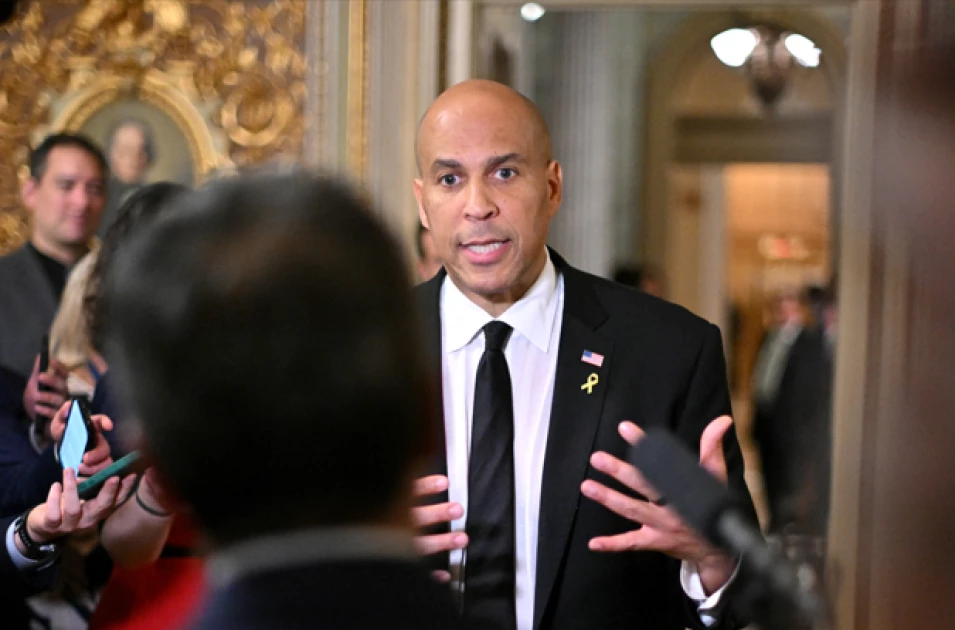Shakira became a household name that reverberated across Kenya and beyond during the tumultuous period surrounding the Kenyan Finance Bill 2024, which has since been withdrawn. The bill sparked widespread discontent, particularly among the Gen-Z who endured twenty months of escalating hardships due to unfulfilled promises by the Kenyan Kwanza government.
Amidst this backdrop, Shakira emerged as a prominent figure in the protest movement, a Gen-Z on the right path to democracy. In a viral video that spread like wildfire across social media platforms, she fearlessly confronted police brutality directed at peaceful demonstrators. Her bold stance captured the attention of audiences globally, symbolizing the frustrations and aspirations of a generation Z facing economic uncertainty and political disillusionment.
Mkarimu Media collected poignant messages displayed on demonstrators placards, each a powerful indictment aimed at the Kenyan government and international stakeholders such as the IMF, United States, and European Union. These messages resonated deeply, condemning unpopular lending practices that exacerbated the plight of Kenyan youth, thrusting their struggles into the international spotlight.

Gen_z’s defiance and the resonance of her message on social media underscored the transformative power of grassroots movements in shaping national discourse and catalyzing policy reform. Her actions became emblematic of a larger movement demanding accountability and change, highlighting the pivotal role of social media in amplifying voices and mobilizing collective action.
In Toronto, demonstrators wielded placards adorned with daring messages critiquing the leadership of Kenya’s president. One striking message read, “Even God asks for 10%,” a poignant critique aimed at Kenya’s escalating tax burdens, which have steadily increased without proportional improvements in funding for essential services like hospitals and schools.

Another placard boldly declared, “We are not IMF slaves,” echoing widespread sentiments against loans perceived as perpetuating debt rather than fostering sustainable development. This message resonated globally, challenging international financial institutions like the IMF for their lending practices that many believe prioritize debt servicing over socio-economic progress.
These demonstrations underscored growing frustrations among Kenyans both at home and abroad, highlighting a deep-seated desire for accountable governance and equitable economic policies. Social media platforms amplified these messages, drawing attention to grassroots movements advocating for systemic change and greater transparency in Kenya’s economic policies.
The bold statements from demonstrators in Toronto reflect a broader sentiment among Kenyans, urging for reforms that prioritize the welfare of citizens over financial obligations that some perceive as burdensome and inequitable.












